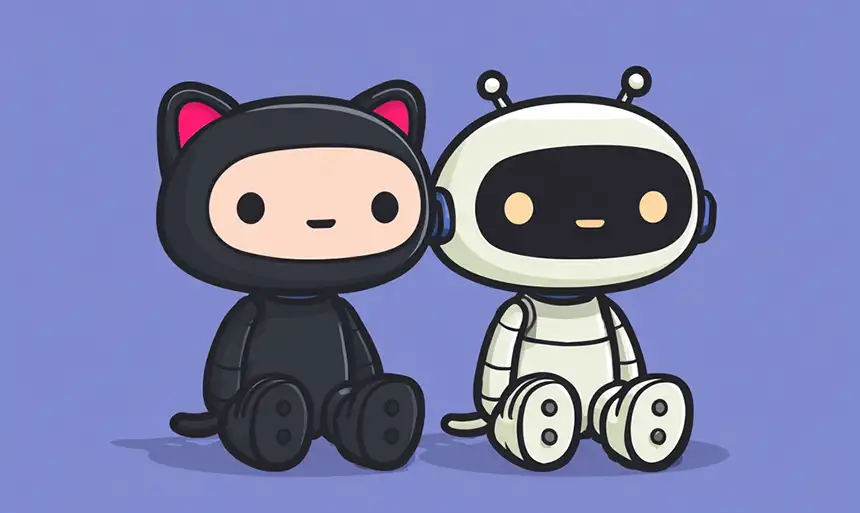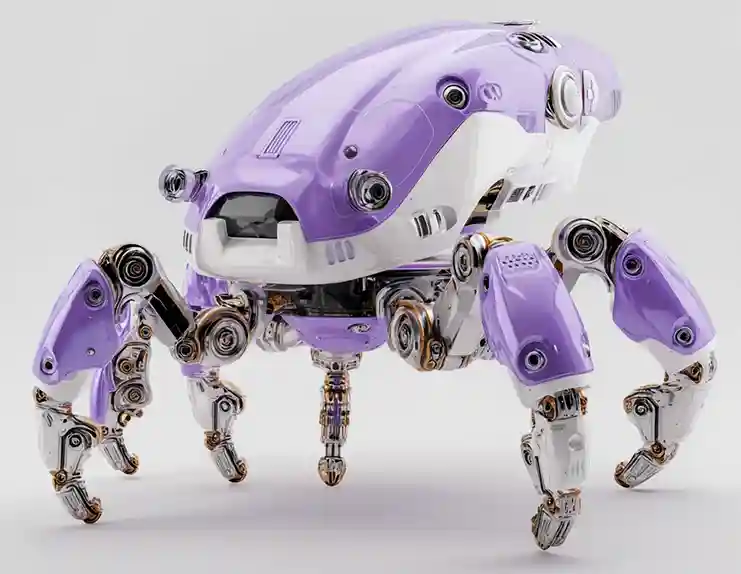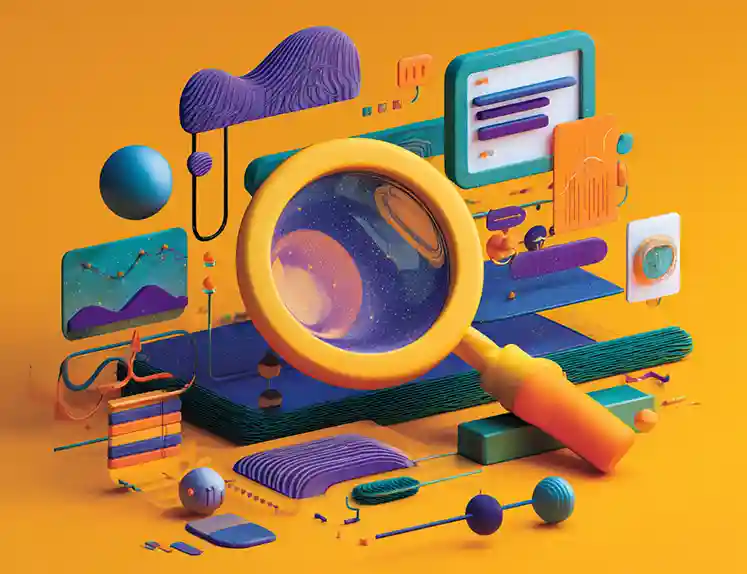GitHub has unveiled a powerful new feature in public preview: the Agents page for its Copilot coding agent. This marks a pivotal evolution in AI-assisted development, targeting long-standing pain points: juggling bug fixes, technical debt, and feature work without losing sight of top priorities.
From Code Companion to Workflow Partner
Traditionally, software development is a game of constant context-switching. One minute you're deep in a new feature, the next you're sidetracked by a legacy bug or a mounting pile of tech debt. GitHub’s Copilot coding agent takes aim at this disruption by automating the busywork—so developers can keep their attention where it matters most: innovation and delivery.
With the introduction of the new Agents page, GitHub centralizes AI task management into a single, elegant interface. Accessible via the Copilot icon in the GitHub header, developers can now initiate, delegate, and monitor AI-assisted tasks without hopping between tools or tabs.
AI-Powered Task Delegation, Seamlessly Integrated
Getting started is refreshingly simple. Developers pick a repository, describe the task, and hit “Start task.” Copilot takes it from there, spinning up a draft pull request and flagging it when it’s ready for review. The generated work fits neatly into standard GitHub PR workflows, ensuring AI outputs remain familiar and manageable.
Even better, Copilot supports multiple concurrent tasks, which is an essential feature for busy teams balancing sprawling backlogs. It’s like having a fleet of junior developers, working quietly in parallel, reporting back when they’re ready for feedback.
Developers can assign tasks from several entry points: the new Agents page, Copilot Chat, or even directly from GitHub Issues. This flexibility makes it easy to plug into existing habits and team workflows without disruption.
Guardrails, Not Replacements
Of course, this isn’t autopilot. Copilot-generated pull requests require human review, preserving code quality and team control. And just like any good assistant, Copilot is only as effective as its instructions. Vague or underspecified tasks may lead to underwhelming results, meaning clear communication remains essential.
This is a shift and not a shortcut. Teams will need to get comfortable articulating goals precisely, and reviewing AI contributions with an eye toward quality, security, and project nuance.
Availability and Access
The Agents page is available for users on Copilot Pro, Pro+, Business, and Enterprise plans. For enterprise teams, admins must explicitly enable the feature, and ensure it aligns with organizational compliance and policy requirements.
Since it’s in public preview, capabilities may evolve rapidly. Teams exploring Copilot Agents should be prepared for updates in both functionality and pricing as the feature matures.
A Leap Toward AI-Augmented Productivity
This isn’t just a new tool; it’s a glimpse into the future of development. By offloading the routine and repetitive, Copilot frees human developers to focus on what they do best: designing systems, solving complex problems, and shipping great software.
Progress tracking adds another layer of value, helping teams pinpoint where AI is excelling and where human touch is still essential. Over time, this data can shape smarter workflows and improve how teams delegate and prioritize.
"At the beginning of 2025, I predicted AI in software development would be recognized for more than just code creation and code generation—specifically improving automation workflows and reducing toil and security debt," said Mitch Ashley, VP Practice Lead of Software Lifecycle Engineering at The Futurum Group. "We are witnessing this phenomenon now, with more agentic capabilities being added to agents that increasingly perform developer tasks as part of development platforms, IDEs, repositories, and workflow automation."
Looking Ahead: The Hybrid Future of Development
As Copilot Agents, and AI tools in general, grow more capable, the developer's role is poised to evolve. The real opportunity lies in augmentation, not replacement: letting AI handle repeatable tasks while humans provide oversight, insight, and strategic direction.
To unlock the full potential of GitHub’s Copilot Agents, teams should focus on thoughtful integration. Rather than reworking their entire development process, they can weave this new capability into existing workflows, and gain efficiency without losing the human element.
In short, GitHub’s Agents page represents a bold step toward a hybrid development model where humans and AI collaborate seamlessly. The result? Faster delivery, smarter prioritization, and more room for innovation at every stage of the software lifecycle.

 Suresh Venkat
Suresh Venkat




